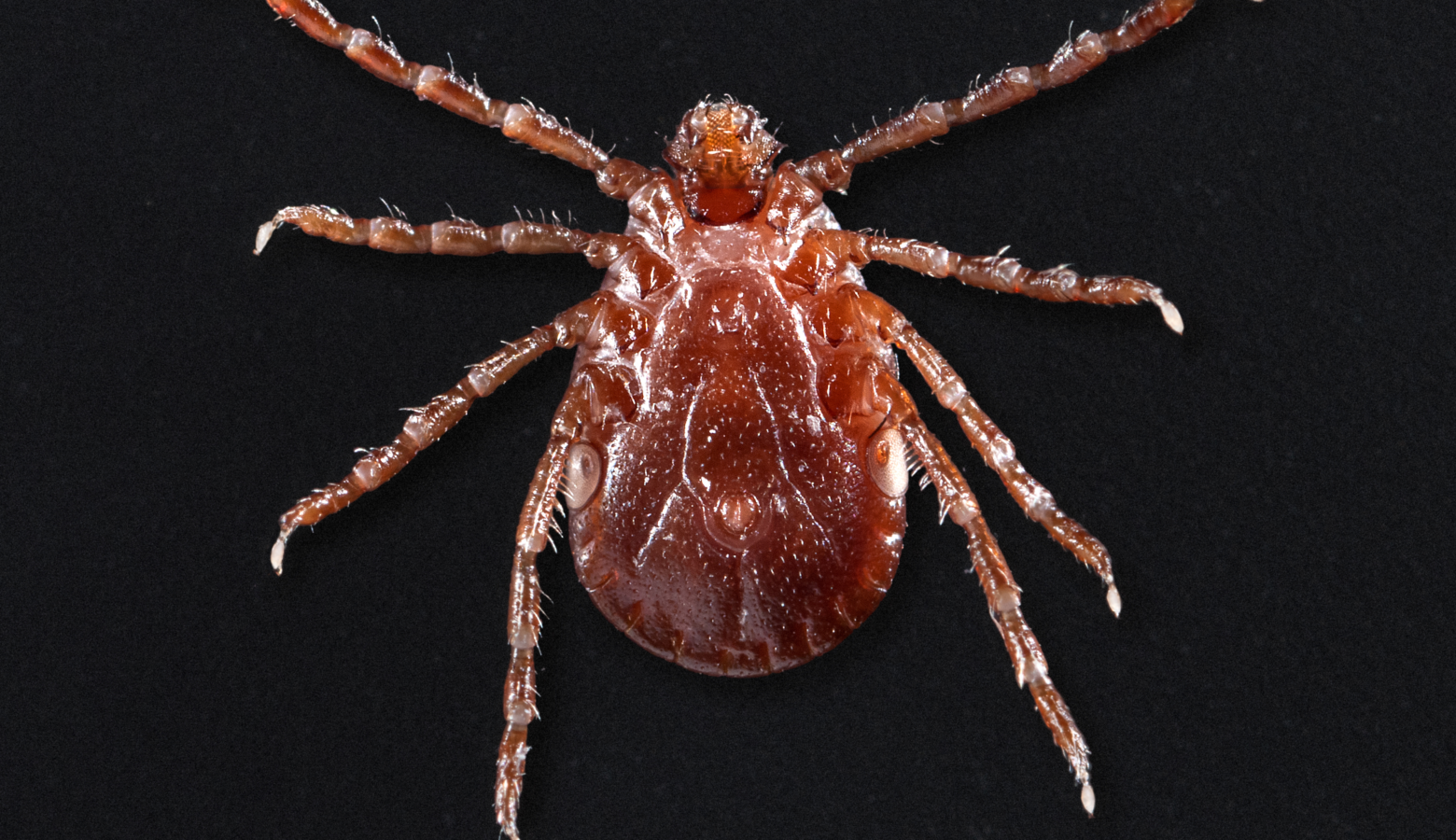Study: Cow-Killing Tick Could Spread To Indiana

A tick that’s relatively new to the U.S. could easily creep into Indiana. As Indiana Public Broadcasting’s Rebecca Thiele reports, a study by Rutgers University shows Indiana has the right climate for the Asian longhorned tick to thrive.
Normally found in countries like China, Japan, New Zealand, and Australia, the Centers for Disease Control says that the Asian longhorned tick was first reported in the U.S. in 2017. Though it’s possible it’s been here years earlier.
The tick carries an incurable disease that can kill cattle. It can also make it harder for cows to produce milk — which could be bad news in a state like Indiana with more than 180,000 dairy cows.
Kevin Lahmers is an anatomic pathologist at the Virginia-Maryland College of Veterinary Medicine. The Virginia Department of Agriculture and Consumer Services asked his team to look into the deaths of cattle in Virginia.
Lahmers says this tick is a problem because it can feed on not only livestock, but also people, wildlife and pets.
It can also spread quickly, because female ticks can reproduce without a mate.
“So one tick in a new area is capable of producing thousands of offspring,” Lahmers says.
So far, the Asian longhorned tick has been found in at least 11 states, including Kentucky. Marc Lame is an entomologist at Indiana University’s O’Neill School of Public and Environmental Affairs. He says Indiana has a similar environment and a lot of the same livestock as Kentucky.
“I would say that it’s likely that it will spread to Indiana and that it’s already in Indiana,” Lame says.
Though the Asian longhorned tick has been known to transmit diseases to people in other countries, so far no one in the U.S. has gotten sick.
Lame says the Asian longhorned tick is in the same family as the deer tick, which can transmit diseases like Lyme disease. It’s not clear if this new tick will be able to transmit those illnesses as well.
Indiana environmental reporting is supported by the Environmental Resilience Institute, an Indiana University Grand Challenge project developing Indiana-specific projections and informed responses to problems of environmental change.
